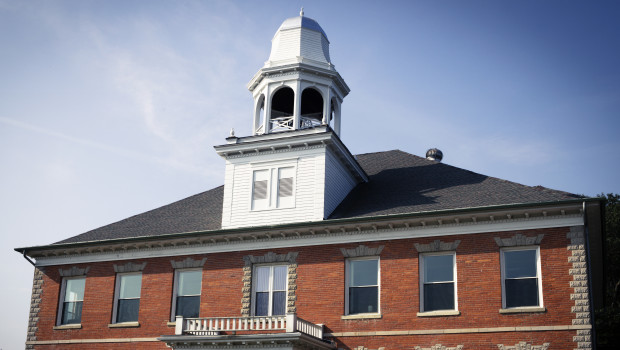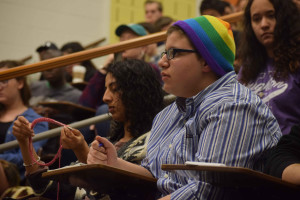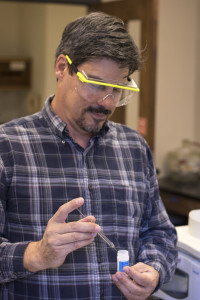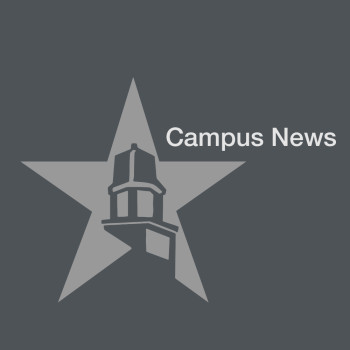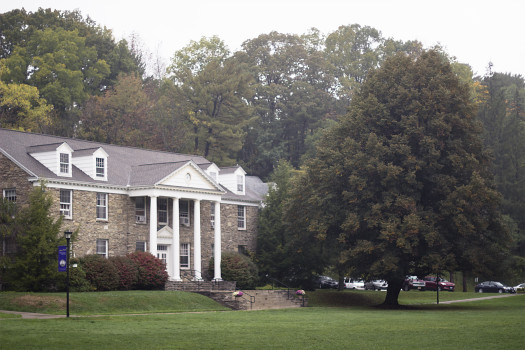Houghton College has announced that Sodexo did not win a contract renewal to continue providing dining services. Metz Culinary Management will replace Sodexo in a shift that will be begin this spring semester.
“As someone who has worked in the dining hall, I honestly think that sodexo did the best with what they had to work with,” said Rachel Harrington ‘19. “The cooks and workers did not have ill intentions. They weren’t sitting around trying to cook ‘gross food.’”
According to the company’s website, Metz makes the pledge “to be environmental stewards by working closely with clients, sustainability partners and vendors on dining concepts, products and programs that meet your needs while protecting resources for future generations.”
“Environmental Sustainability Commitment” was one of the criteria used by the task force organized for evaluating bidding companies, as well as “Responsiveness to the College Community,” according to vice president of student life, Rob Pool. Additionally, Metz assures readers on its website, “You’ll discover an abundance of vegetarian, vegan, heart-healthy and lower fat choices due to our commitment to nutrition.”
Liv Dobmeier ‘19, though she felt the change “isn’t a big deal”, also hoped “the new food service offers more healthy options than Sodexo did- that’s a big thing [for me].”
Speaking specifically to their college campus dining services, they make the claim that they will “work with your campus dining team to develop promotions and events that coincide with the school calendar, such as extended hours and fun, high-energy meals during exam weeks.”
Pool explained, “Ultimately, the committee felt that the proposed program from Metz best addressed the expectations and needs of our students and community.” He also stated, “The contract officially begins June 1, 2017 and it is for five years. The transition will begin as early as next week and ramp up throughout the spring semester.”
The contract with Metz concluded a semester long process “The college entered into a process called ‘request for proposals’ or RFP,” Pool explained. “Basically what this means is companies submit proposals describing how they would deliver a comprehensive dining services program during the five-year contract.”
“Eight international, national or regionally-based companies were invited to participate. Three companies submitted formal proposals and gave face to face presentations to a dining services task force,” Pool stated. From there the decision went to a task force consisting of faculty, staff, administrators, and SGA executive cabinet members. According to Robert Pool, the task force had the responsibility of considering the proposals made by the eight companies. They also visited in person three campuses that already used the top choices they were considering. Finally, they “made a recommendation to the president and the president’s staff. The president’s staff endorsed the committee’s recommendation wholeheartedly.”
At Roberts Wesleyan College, which already has Metz dining services, the different stations are realized as the “Main Plate,” a station for pizza and similar items, a section for made-to-order options, a soups and salad bar, a build-your-own sandwich station, a grill, and dessert choices.
“I know that the new company also works for Roberts Wesleyan,” said Harrington. “Half my family went there. … Honestly we complain a lot right now but I think we’ll be complaining more in the future. When it comes down to it, it’s always just going to be cafeteria food.”

